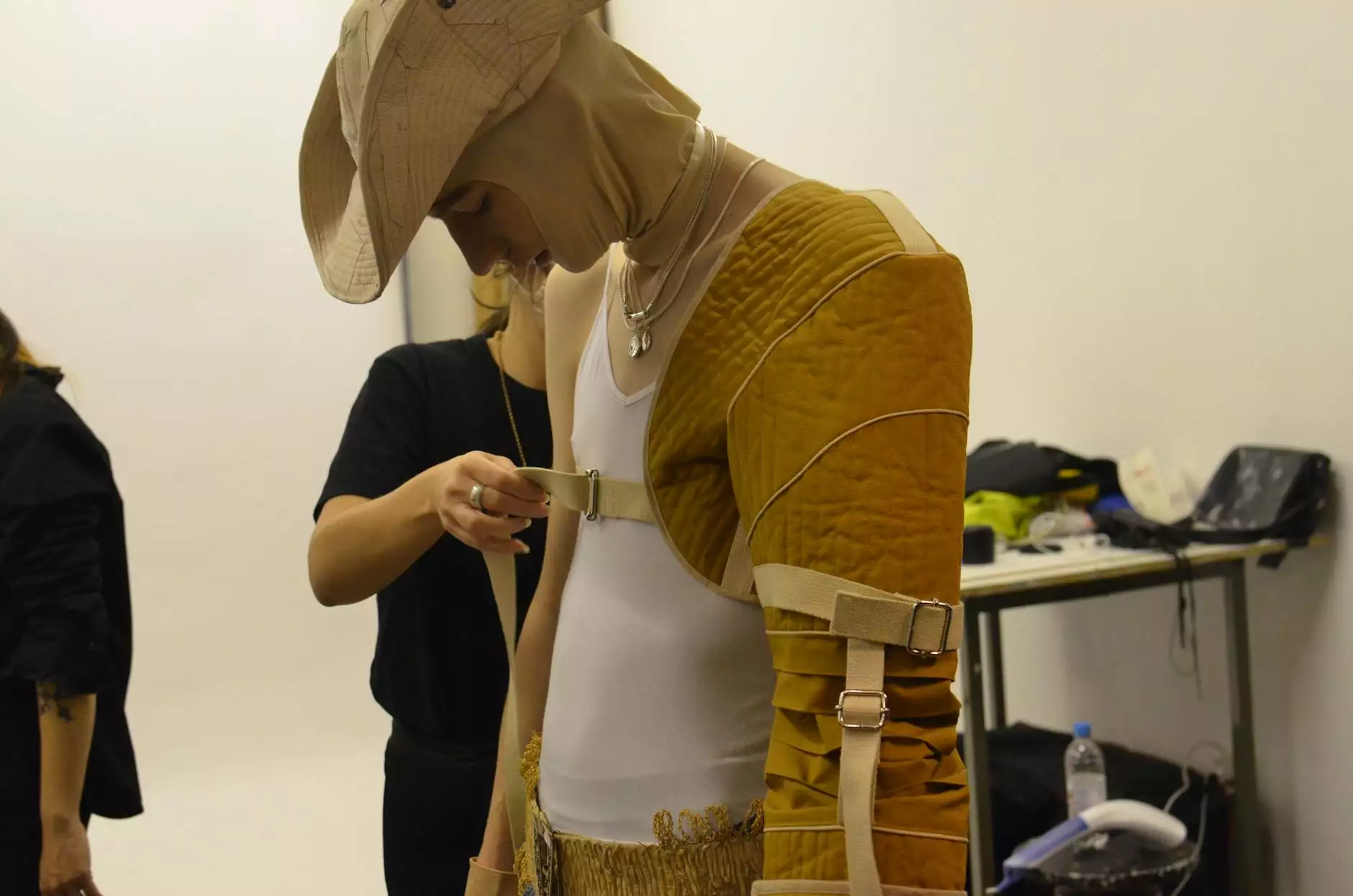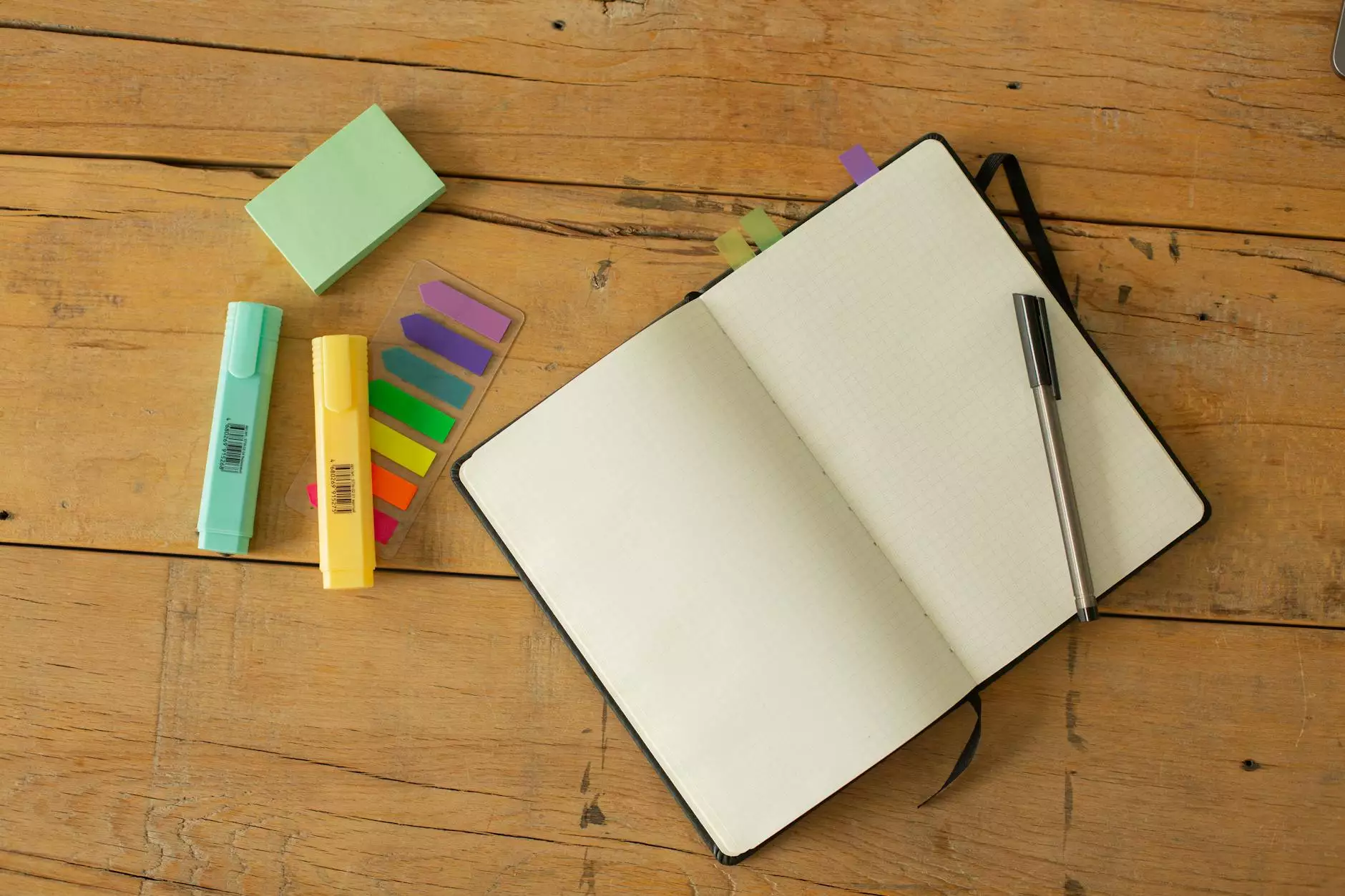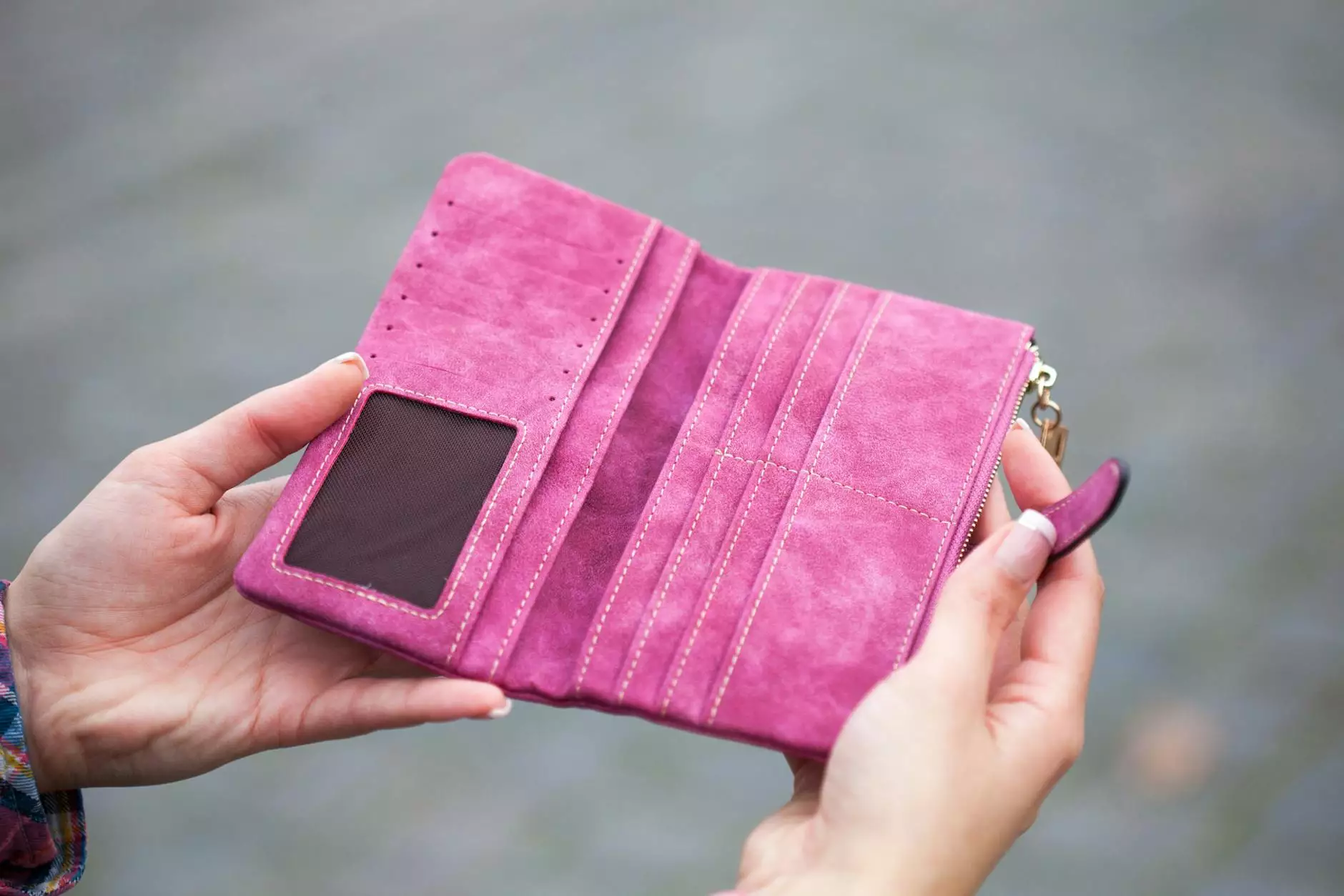Looking Your Best for a Job Interview: Guys Edition
Advice
The Importance of Dressing for Success
When it comes to job interviews, first impressions are crucial. Your appearance plays a significant role in how you are perceived by potential employers. Dressing professionally not only reflects your commitment and respect for the opportunity but also shows your attention to detail and personal grooming habits.
Dressing Appropriately
Appropriateness can vary depending on the industry, company culture, and position you are applying for. However, there are certain guidelines that can help you dress for success in most job interviews:
- Choose a well-fitted and tailored suit in a neutral color like navy, charcoal, or black. Avoid flashy patterns or overly trendy styles.
- Pair your suit with a clean and pressed dress shirt in a coordinating color. Opt for a classic button-down style rather than a casual polo shirt.
- Wear a professional tie that complements your outfit. Stick to solid colors or subtle patterns that add a touch of sophistication.
- Invest in a quality pair of dress shoes that are polished and in good condition. Opt for conservative styles like oxfords or loafers.
- Pay attention to your grooming habits. Ensure your hair is well-groomed, facial hair is neatly trimmed, and nails are clean and trimmed.
Understanding Company Culture
Researching the company's culture beforehand can help you tailor your outfit appropriately. Some companies may have a more relaxed dress code, while others may have a strict formal policy. Consider the industry norms and the type of position you are applying for.
Mastering Non-Verbal Communication
Non-verbal communication plays a significant role in how you are perceived during a job interview. It can convey confidence, professionalism, and your level of interest in the position. Pay attention to the following non-verbal cues:
Body Language
Positive body language can help establish rapport and create a favorable impression. Maintain good posture, make eye contact, and offer a firm handshake when greeting your interviewer. Avoid crossing your arms, fidgeting, or slouching as it can convey nervousness or disinterest.
Facial Expressions
Smiling, when appropriate, can help create a friendly and positive impression. Practice maintaining a calm and composed facial expression throughout the interview. Avoid excessive frowning, raised eyebrows, or displaying signs of boredom.
Active Listening
Show your interest and engagement by actively listening to the interviewer. Nodding, maintaining eye contact, and responding thoughtfully not only demonstrates your communication skills but also shows respect for the other person's thoughts and ideas.
Preparing with Confidence
Confidence is key when heading into a job interview. Preparation can significantly boost your confidence levels and help you present yourself in the best possible light. Consider the following:
Research the Company
Take the time to thoroughly research the company, its values, mission, and recent achievements. Demonstrate your knowledge during the interview to show your genuine interest and dedication.
Know Your Resume
Familiarize yourself with the contents of your resume. Be prepared to discuss your experiences, skills, and accomplishments in detail. Highlight relevant achievements that align with the position you are applying for.
Practice Common Interview Questions
Practice answering common interview questions to improve your response time and confidence. Prepare specific examples to showcase your skills and expertise. By rehearsing your responses, you can communicate effectively and enhance your chances of success.
Conclusion
By paying attention to your appearance, mastering non-verbal communication, and preparing with confidence, you can significantly increase your chances of success in a job interview. Remember to showcase your professionalism, genuine interest, and ability to fit into the company culture. Dressing well and presenting yourself confidently will help create a positive and lasting impression on your potential employer.










